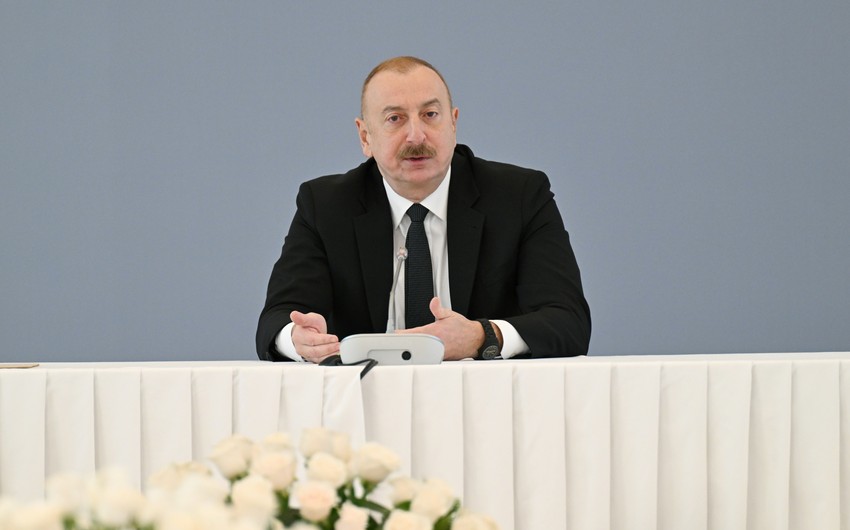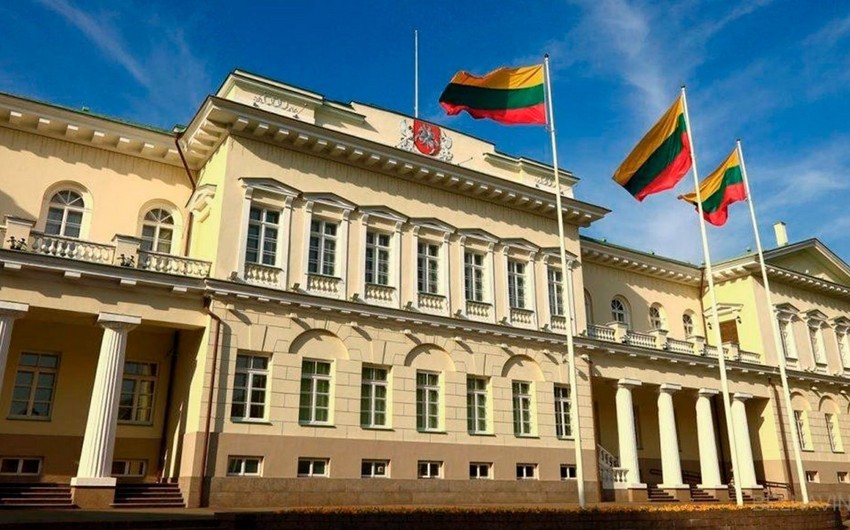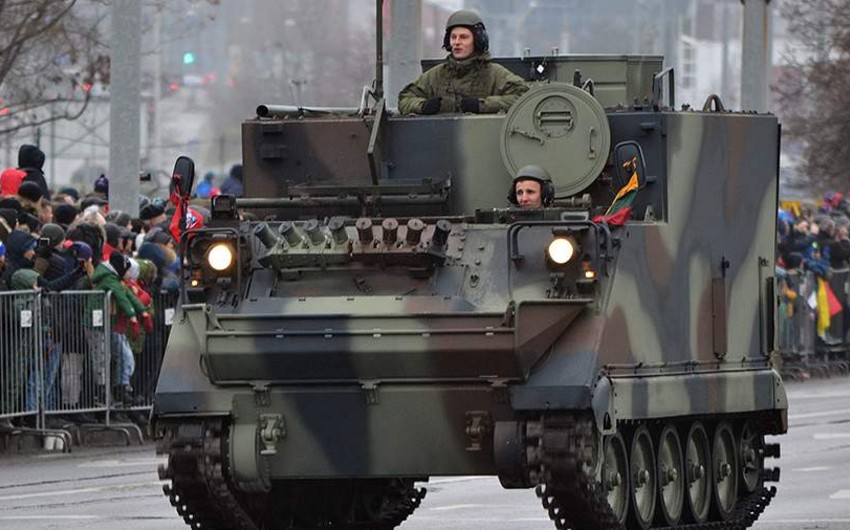When anti-government protests swept across the Arab world in 2011, Tunisia seemed poised to emerge better off. Yet, by 2013, the democratic process was almost derailed by unfulfilled economic promises, political and ideological disagreements, and foreign meddling. Fortunately, local and international mediation then helped to avert catastrophe and pave the way for elections.
But less than a year before the next general election, scheduled for late 2019, the country is again in crisis. This time, however, mediators are either disinterested in solutions or part of the problem. In a world focused on the war in Syria, instability in Libya, Russian assertiveness, European uncertainty, and the tweets of an isolationist American president, Tunisia has faded from the headlines. Tunisia’s democratic breakdown would, one assumes, attract international attention; but by then, it will be too late.
The current stalemate began soon after the December 2014 presidential election. In February 2015, President Beji Caid Essebsi, founder of the secular political party Nidaa Tounes, struck a deal with Rached Ghannouchi, president of the moderate Islamist Ennahda Party, to form a coalition government. But soon after, Nidaa Tounes was beset by infighting and, in January 2016, dozens of the party’s MPs resigned in protest, giving Ennahda a parliamentary majority.
Meanwhile, Prime Minister Youssef Chahed, Essebsi’s protégé and appointee, has been challenging the 92-year-old president’s inner circle, throwing Nidaa Tounes further into chaos. By mid-2018, as the party’s turmoil peaked, Ghannouchi was supporting Chahed rather than the president’s son and groomed heir, Hafedh Caid Essebsi. The president, reacting either to a sense of betrayal or out of fear for his legacy, responded by renewing his criticism of Ennahdaand by launching an investigation into allegations that Ghannouchi’s party is tied to terrorism.
The ever-postponed elections
Moreover, Essebsi and his clan embraced populist rhetoric and restarted courting the anti-Islamist Saudi-Emirati-Egyptian axis. Essebsi even endorsed a law to give men and women equal inheritance rights, a measure that is supported by many secular Tunisians and praised by the international community, but loathed by Ennahda’s conservative base.
Amid this brewing political turmoil, rumours of coups and attempted coups have intensified. In June 2018, Tunisia’s interior minister was fired over an alleged coup attempt. In November, Nidaa Tounes’ secretary-general accused Chahed of planning his own putsch. In December, Qatari-backed news outlets warned of a Saudi-Emirati plot to stage a coup in Tunisia. And every now and then, Tunisian social media buzzes with unfounded rumours of army movements. It seems as if trial balloons are being floated.
The Arab world’s most promising democratic experiment can still avert a political meltdown, but it needs help.
In a well-functioning democracy, an early election would have been called in September 2018, when the governing coalition felt apart, and perhaps as early as 2016, when Nidaa Tounes lost its majority in parliament. But most Tunisian political parties suffer too much dissension or are too weak to run. And the current ructions are even jeopardising the work of the Independent High Authority for Elections.
There is now a real risk that the 2019 elections will be postponed. For a fragile democracy led by a nonagenarian, saddled by an endless state of emergency, and lacking a constitutional court, this delay may prove fatal.
IMF-austerity and foreign interference
Tunisia’s political crisis is occurring alongside an economic one. As Tunisia has moved from a controlled economy under dictatorship to a transitional one marked by austerity measures and structural reforms dictated by the International Monetary Fund, corruption has spread and investors have fled. Today, with public debt, unemployment, and inflation growing, strikes and protests are increasingly common, and support for democracy – frequently portrayed as the cause of the current tumult – has dwindled.
Ennahda, an economically liberal party that draws important support from informal economic circles and outside the public sector, backed the IMF’s economic reforms; the Tunisian General Labor Union (UGTT), which represents public-sector workers, did not. Leftists and many remnants of the former regime were also opposed. Chahed, meanwhile, was aggressive in implementing the IMF-backed reforms, in part to win support from abroad. But his approach put the UGTT, alongside old-guard politicians and some key socioeconomic groups, on the same side as Essebsi. In fact, the UGTT led the mediations during the crisis of 2013.
Foreign influence is another destabilising factor. Today, Tunisia is a geopolitical battlefield for regional powers like Egypt, Turkey, and the Gulf states, and Tunisian politicians occasionally take sides to suit their suitors’ goals. Broadly speaking, Saudi Arabia and the UAE demonise Tunisia’s democracy and Ennahda, while Qatar and Turkey laud both. Both camps have their clients in the country.
These players amplify coup rumours and delegitimise Tunisia’s political independence, which adds to the public’s distrust of the government. Back in 2013, the US, Europe, and Algeria limited the reach of these countries. Ironically, in 2018, it is the US, the EU, and Algeria that are rattled by internal divisions and terrified of foreign interference.
History holds many lessons for those navigating Tunisia’s tumult, with some particularly apt parallels to be found in Russia’s post-Soviet transition. There, during his final years in power, a weakened Boris Yeltsin sought to secure his presidential legacy and save his family from prosecution. Hence, the so-called ‘father of Russian democracy’ appointed then-Prime Minister Vladimir Putin, a former KGB officer, to succeed him. Russia’s democracy never recovered.
Tunisia’s infighting and nepotistic policies have a similar feel. The Arab world’s most promising democratic experiment can still avert a political meltdown, but it needs help. Local and international mediators guided Tunisia from turmoil once before. They must do so again.
Youssef Cherif

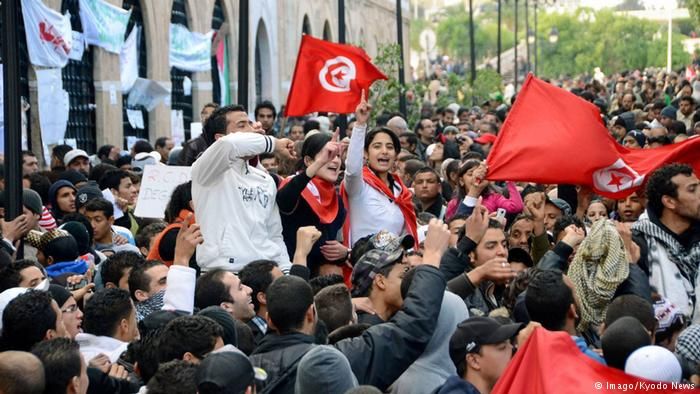



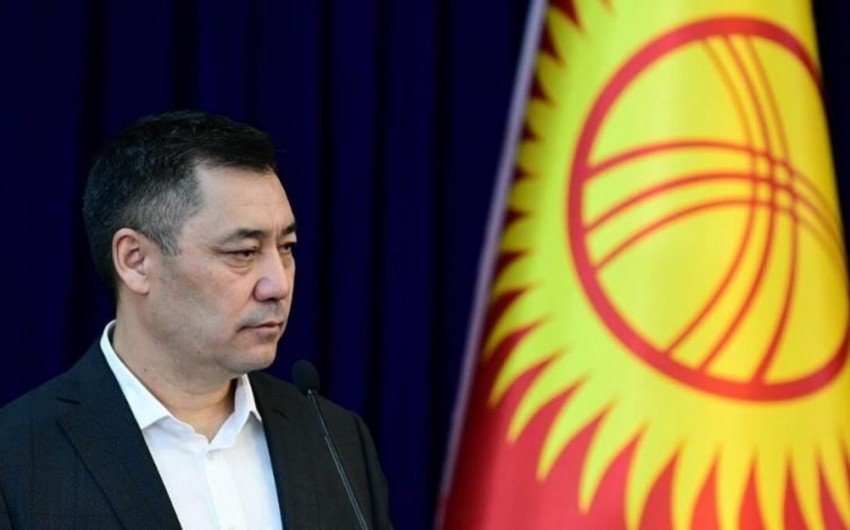
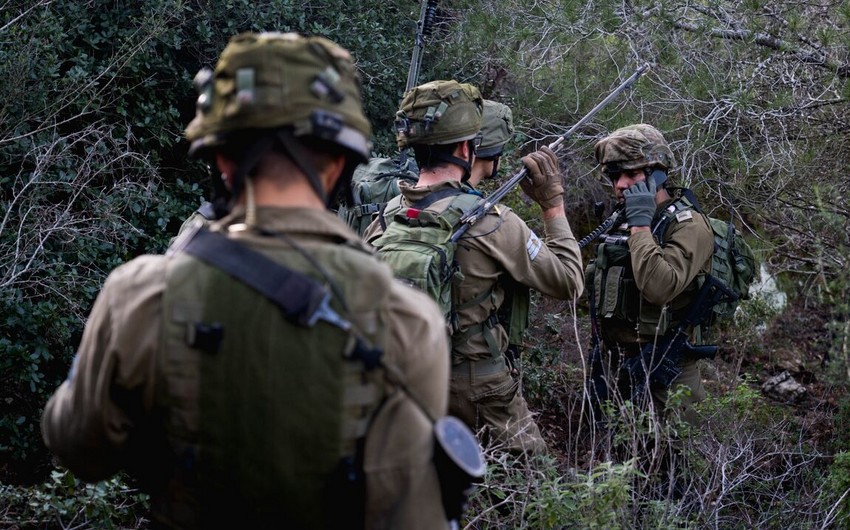

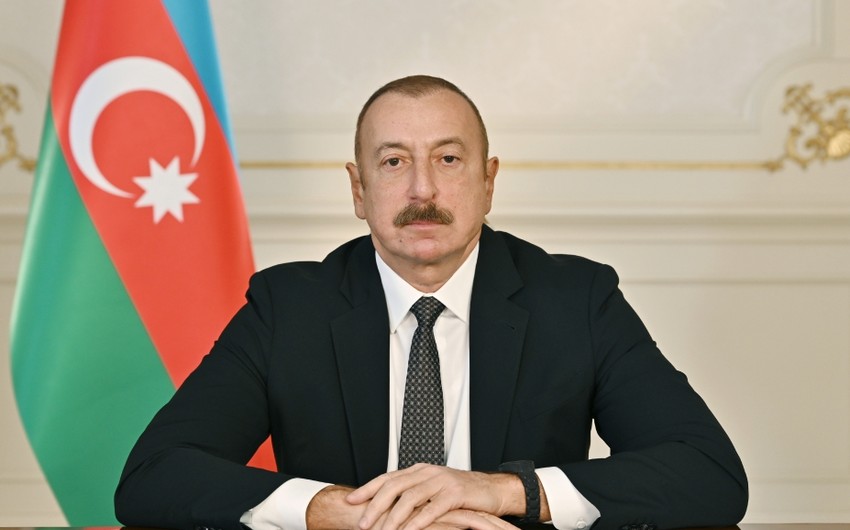
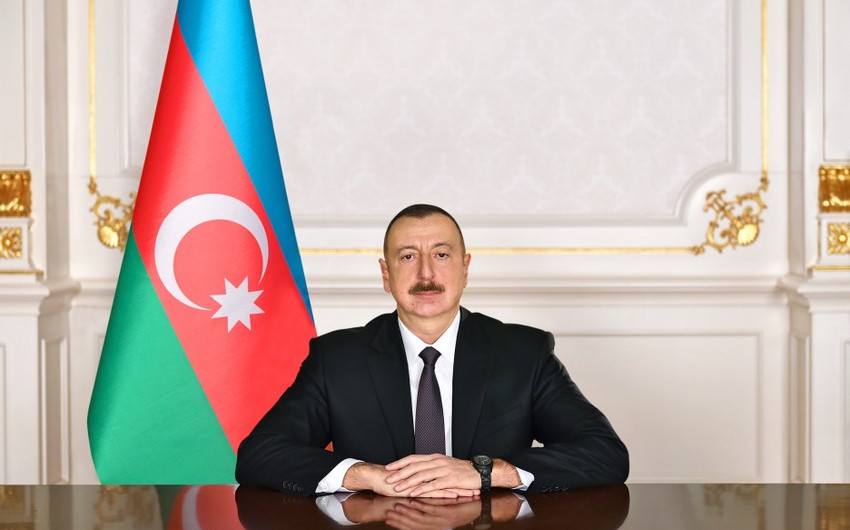
.jpg)

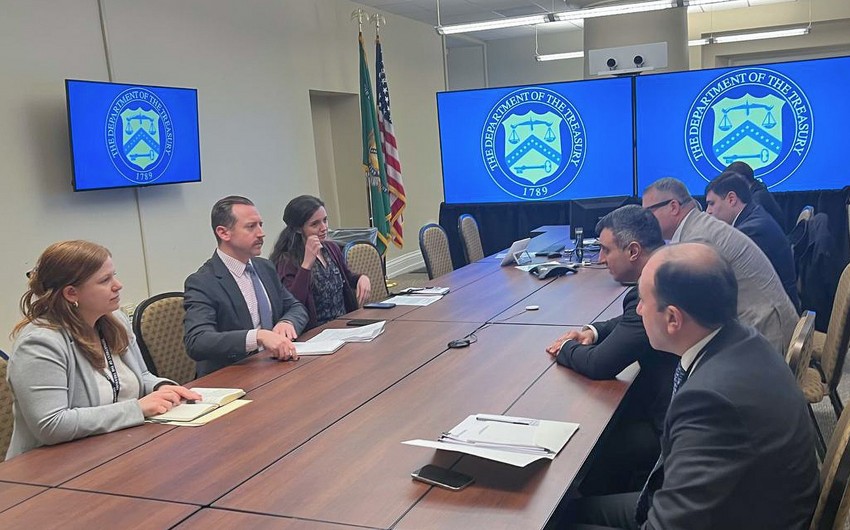
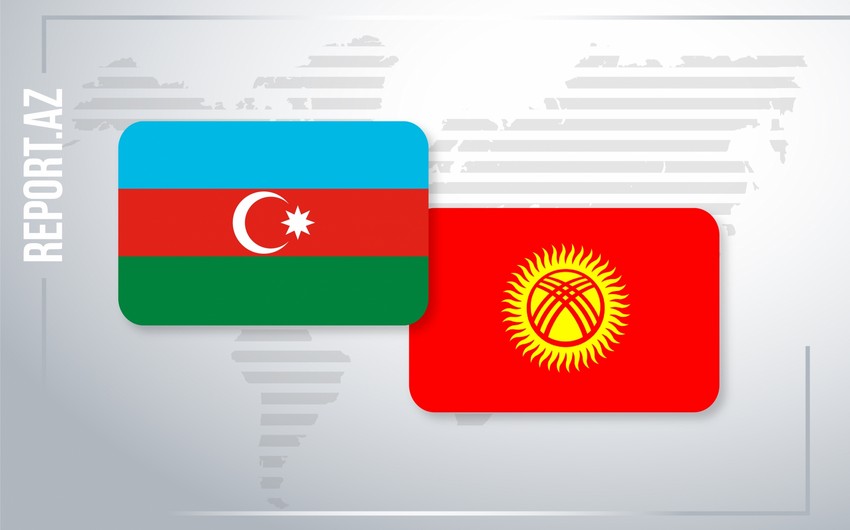

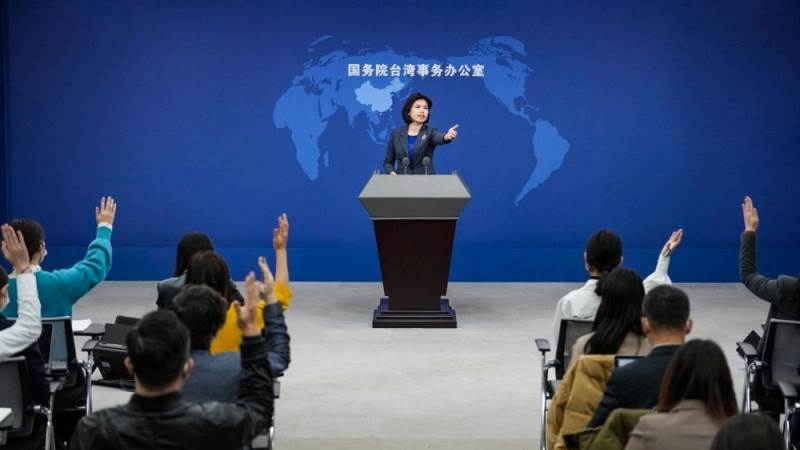
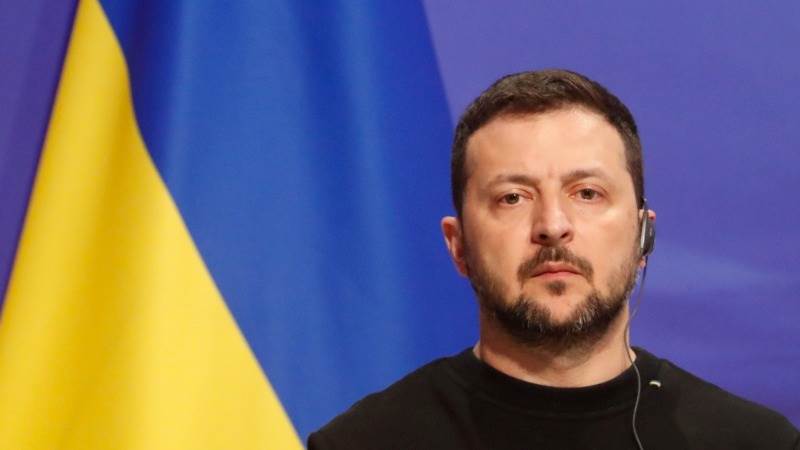
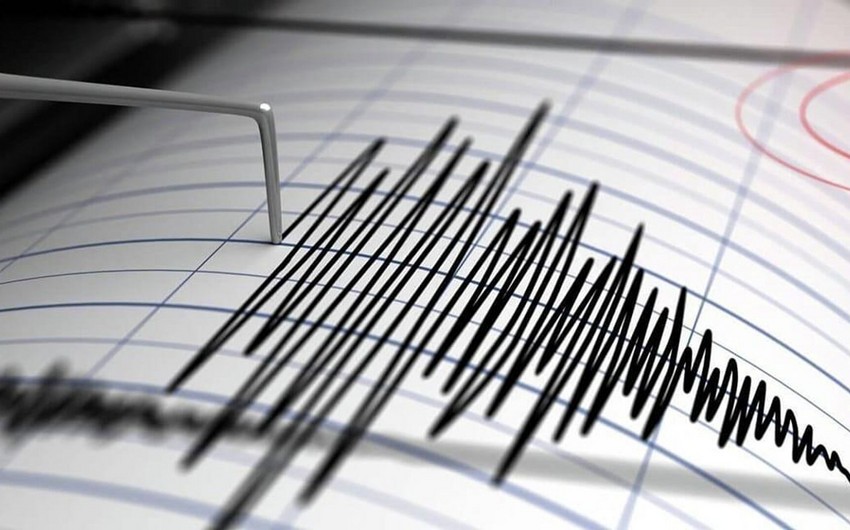


.jpg)
